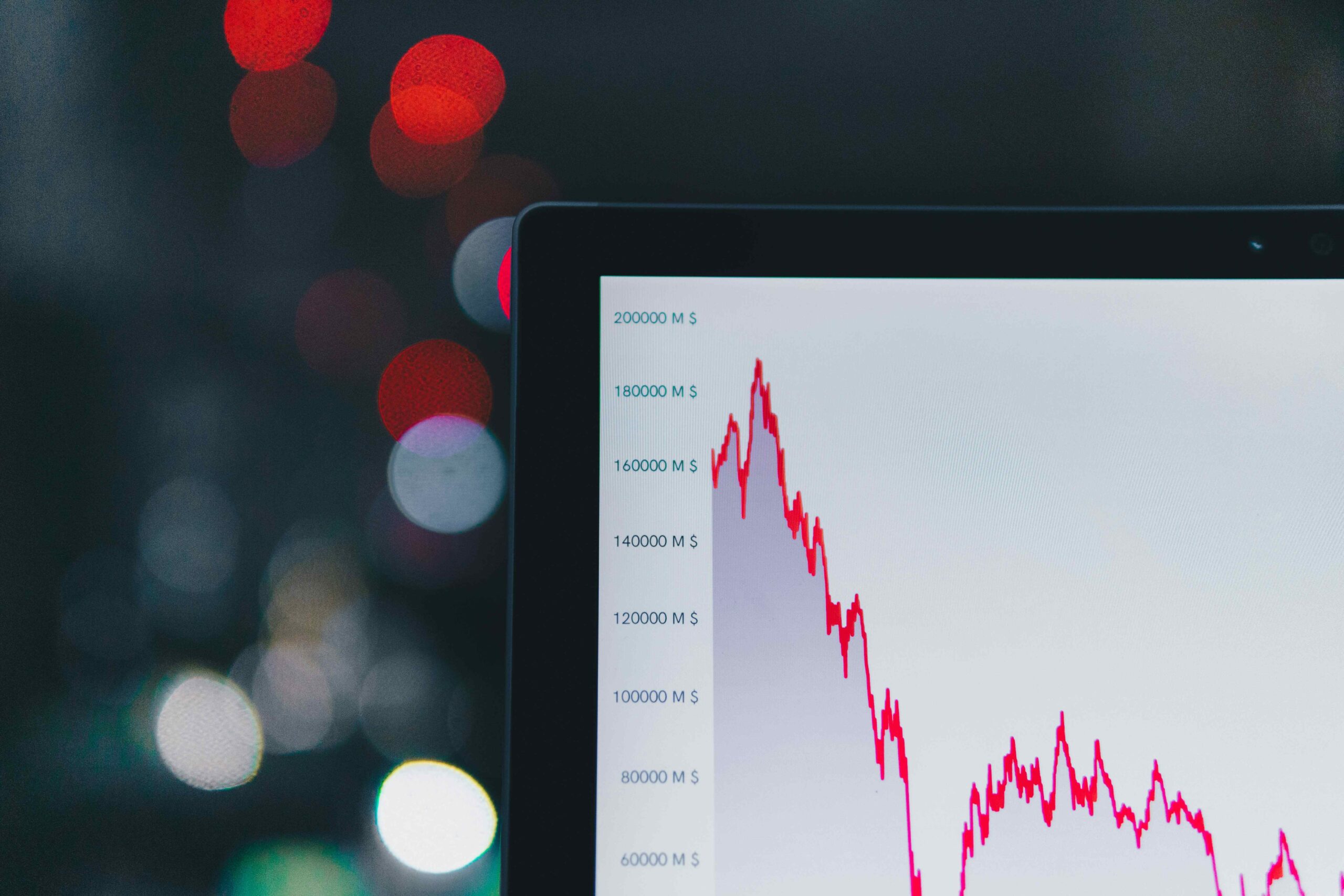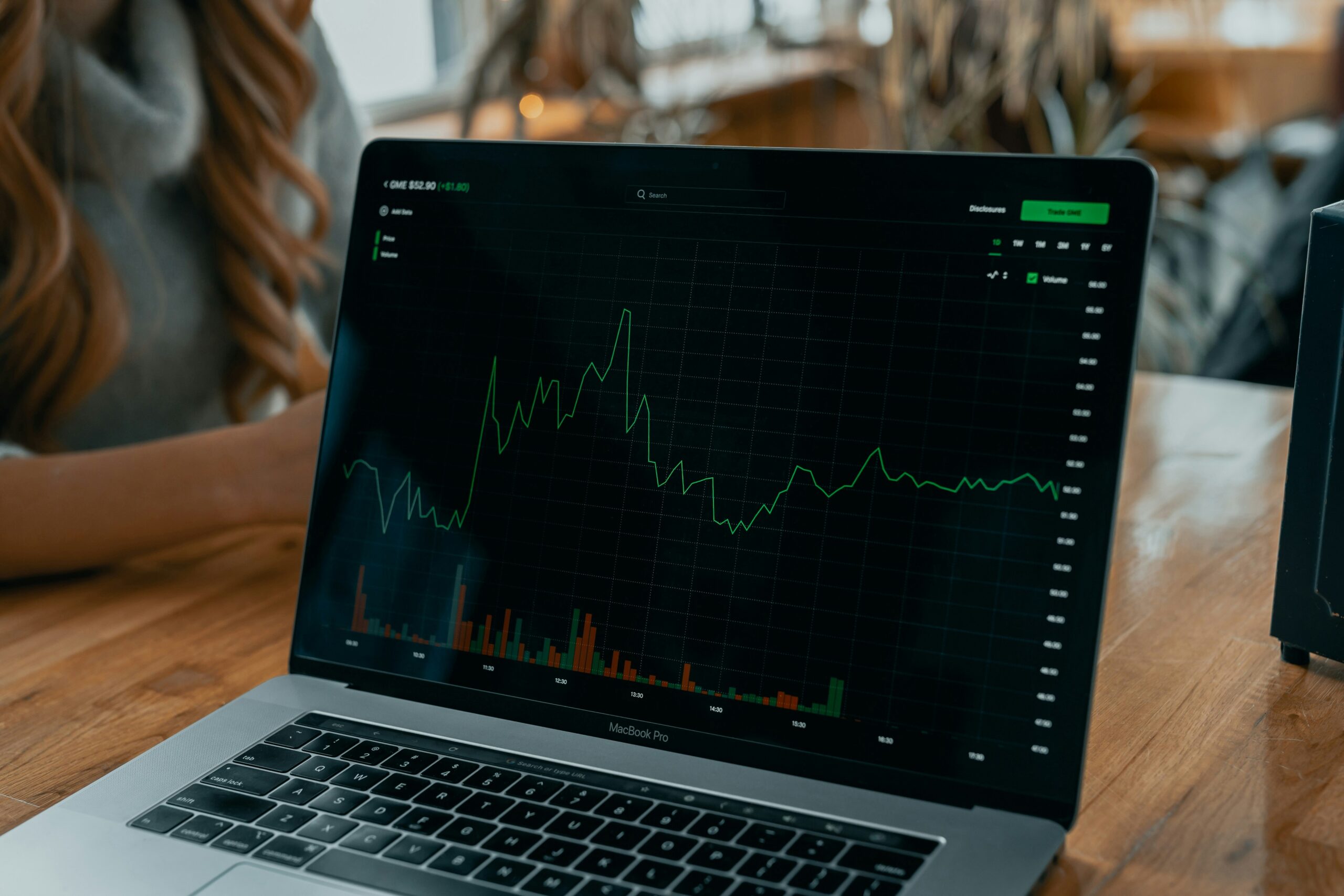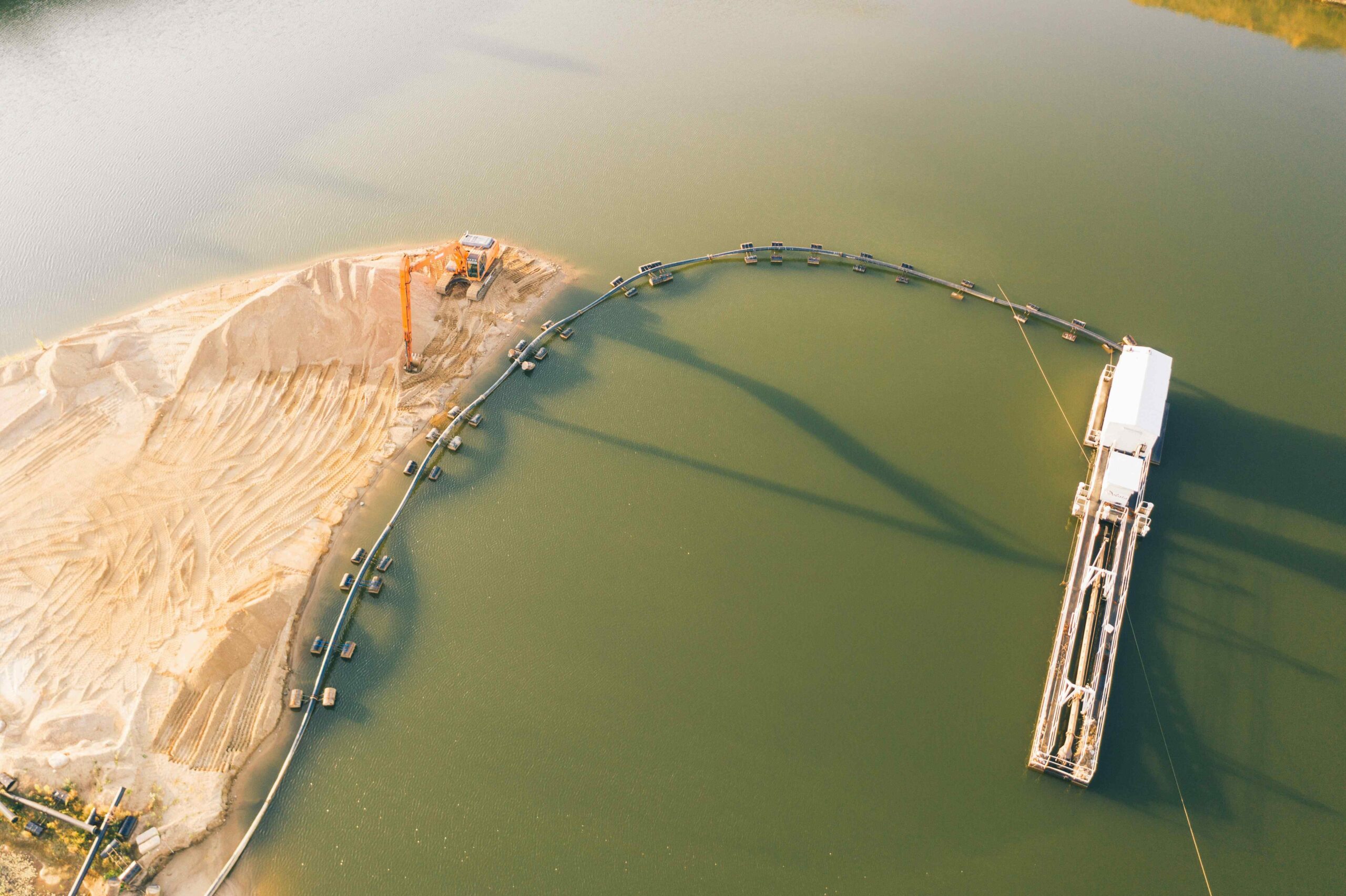Impact of Carbon Pricing and Taxation on Bunker Fuel Procurement
As the world confronts the growing challenge of climate change, the maritime industry, a significant contributor to global greenhouse gas emissions, is under increasing pressure to reduce its environmental footprint. Bunker fuel, which powers the vast majority of global shipping vessels, has long
Economic Models for Predicting Bunker Fuel Market Trends
The bunker fuel market, crucial for global maritime transport, is influenced by diverse economic factors, regulatory changes, technological advancements, and geopolitical developments. Predicting market trends requires sophisticated economic modeling that integrates these variables to forecast supply, demand, and pricing dynamics. This article explores
Impacts of Climate Change on Bunker Fuel Demand and Supply
Climate change is profoundly influencing the global energy landscape, including the demand for and supply of bunker fuels used in maritime transport. As environmental regulations tighten and sustainability goals intensify, the maritime industry faces significant challenges and opportunities in adapting to these changes.
Cost-Benefit Analysis of Hybrid Bunker Fuel Solutions
As the maritime industry shifts towards greener practices, hybrid bunker fuel solutions have emerged as a viable option for enhancing fuel efficiency and reducing emissions. These systems blend traditional marine fuels with alternative energy sources, such as electricity, offering a pathway to more
Impact of Geopolitical Tensions on Bunker Fuel Supply and Pricing
Geopolitical tensions have a substantial impact on the supply and pricing of bunker fuel, which is vital for powering ships worldwide. Political conflicts, sanctions, and trade restrictions between nations can significantly influence the global bunker fuel market. Understanding these impacts is essential for
Impact of Subsea Mining on Bunker Fuel Demand
Subsea mining represents a burgeoning industry aimed at extracting minerals from the ocean floor, poised to influence global bunker fuel demand significantly. This article explores the potential ramifications of subsea mining operations on bunker fuel consumption, considering technological advancements, environmental concerns, and regulatory
Comparative Analysis of Marine Fuel Tax Policies Globally
Marine fuel taxation policies vary significantly across countries and regions worldwide, reflecting diverse economic, environmental, and regulatory priorities. This comparative analysis explores the approaches taken by different nations in taxing marine fuels, the impact on shipping industry stakeholders, environmental considerations, and future trends.
Economic Viability of Retrofitting Ships for Alternative Bunker Fuels
In response to global environmental pressures and stringent regulations, the maritime industry is increasingly considering retrofitting ships to utilize alternative bunker fuels as a pathway to sustainability. This article examines the economic challenges, considerations, and potential solutions associated with such retrofitting efforts. Challenges
Impact of COVID-19 on the Bunker Fuel Industry
Introduction The COVID-19 pandemic has profoundly affected global industries, and the bunker fuel industry is no exception. Bunker fuel, essential for the maritime industry, experienced significant disruptions due to the pandemic. From decreased demand and fluctuating prices to regulatory challenges and changes in
Evolving Trends in Bunker Fuel Contracting and Risk Management
In the maritime industry, bunker fuel is the lifeblood that powers ships traversing the world’s oceans. As regulations tighten and sustainability concerns grow, the dynamics of bunker fuel contracting and risk management have undergone significant evolution. This article explores the latest trends shaping










